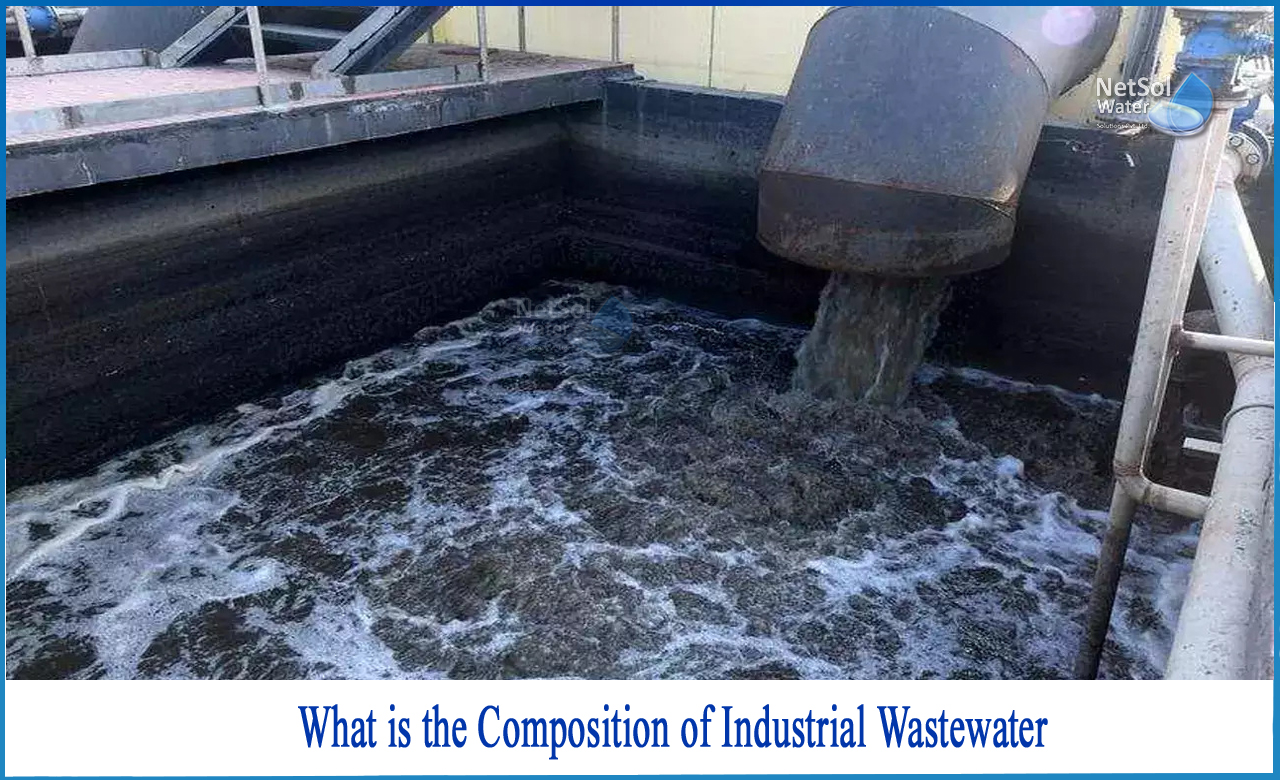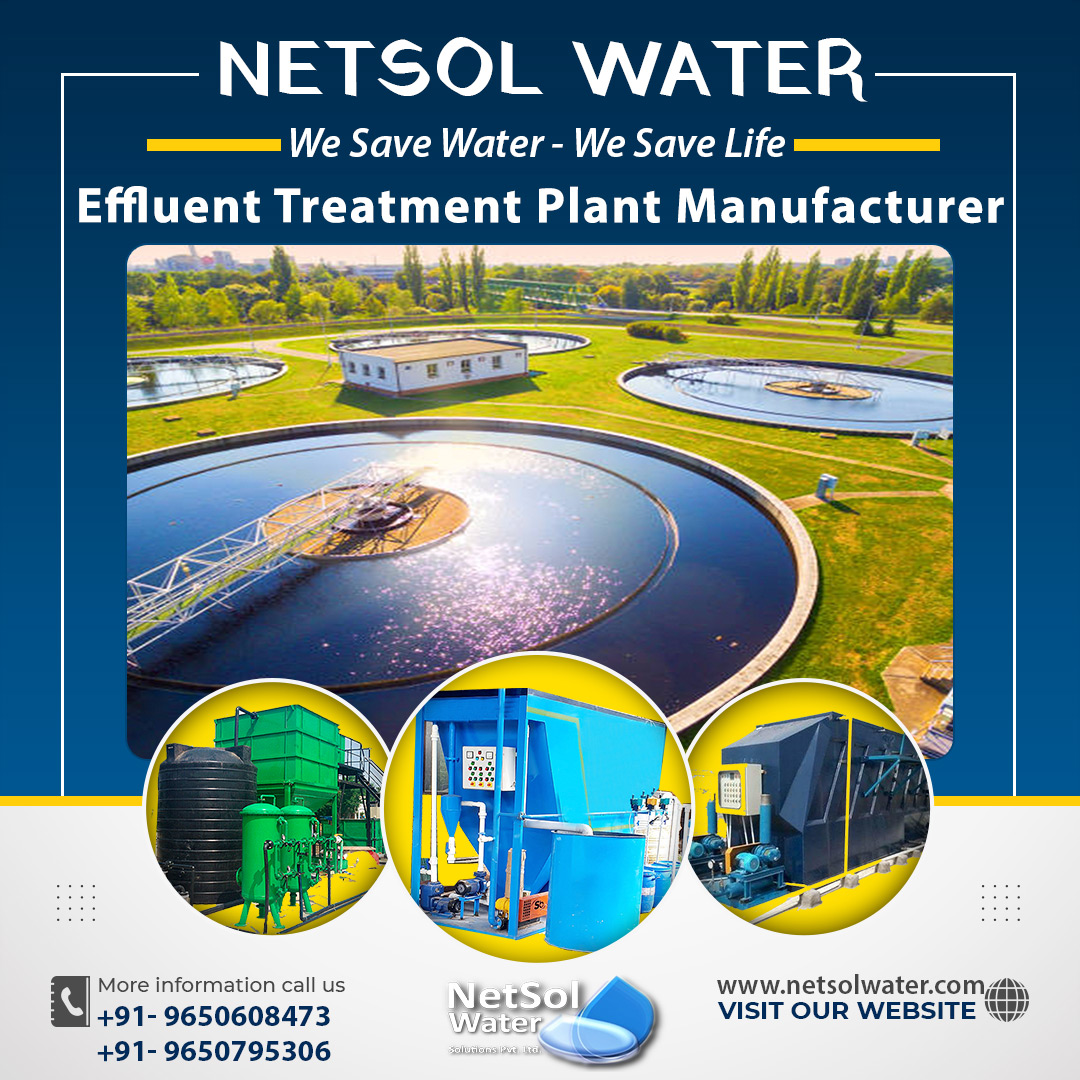Overview
The wastewater that flows from a treatment plant, sewer, or industrial outfall is referred to as effluent. To protect the environment, animals, and human health, effluent must be treated before it is discharged into oceans, rivers, and streams. It is the responsibility of manufacturers to properly treat the effluent.
A significant amount of water is used in the clothing, leather, and textile industries, which can cause serious environmental problems if left untreated. The most vulnerable areas are likely to be in developing countries with fewer laws in place or where laws are not strictly enforced.
Wastewater from Industries
Different industries generate different types of industrial wastewater, such as the iron and steel industry, textiles, leather factories, petrochemical and refineries, mining, metal, paper and pulp factories, and so on, all of which emit highly polluting wastes such as acids, salts, organic and inorganic chemicals, phenols, and other dangerous chemical wastes.
The quantity of industrial wastewater discharged is determined by the level of industrial technical process. Various types of industrial pollutants are produced as a result of various types of production. The industrial wastewater treatment process, like the various characteristics of industrial waste, is specifically designed to treat a specific type of effluent produced.
With the rapid expansion of various factories, a large amount of fresh water is being used for production and even cooling processes. This water contains effluent chemicals and is discharged into wetlands, contaminating the environment after passing through a technical process.
As a solution to this problem, many companies offer Industrial Wastewater Treatment plants that convert wastewater into highly purified reusable water that can be used in other industrial processes such as cooling, watering, sanitary use, and so on.
Importance of Industrial Wastewater Treatment
Industrial wastewater treatment plants are designed to handle large amounts of waste using innovative technology, depending on the type of waste and the amount of wastewater generated. Wastewater treatment plants enable industries and residential communities to manage all wastewater before it is discharged into the environment. The process removes suspended solids, total dissolved solids, and synthetic chemicals from wastewater, preparing it for recycling or discharge into the environment.
1. Environmental Advantages
Because all of the wastewater is dumped into natural water reservoirs like lakes and rivers, the water becomes contaminated. Fish, crops, and animals all consume polluted water. Furthermore, polluted water evaporates, and eventually rainwater is nothing but polluted water. Wastewater treatment is critical for protecting the health of many different ecosystems.
2. Recycled water
Water recycling is the best solution because factories and industries require a large amount of water every day for various processes. Any wastewater that has been treated by plants is pure enough to be reused. This method conserves hundreds of litres of water.
3. Generation of energy
A significant amount of biodegradable material is present in the sludge collected during the wastewater treatment process. These materials have the potential to generate electricity and other forms of energy. The energy generated here can be used in wastewater treatment plants, allowing it to be self-sustaining.
What is the composition of Industrial Wastewater?
Depending on the industry, industrial wastewater may contain any of the following contaminants:
Acids, additives such as calcium phosphate or sodium phosphate, Ammonia, automobile fluids, bleach, calcium and magnesium ions, chlorine, chloroforms, cellulose, cyanide, detergent, wasted food, Arsenic, iron, lead, and zinc are examples of heavy metals, Dyes, Engine oil, Nutrients such as nitrates and phosphates, Organic materials, Petroleum byproducts, paints, and much more.
Conclusion
In order to focus on their core business, factories and commercial/residential properties frequently overlook the wastewater treatment process. Hiring professional wastewater treatment plant services is advised. Netsol Water Solutions not only looks after the quality and benefits of all wastewater treatment plants, but we provide much more.




